Cooper and Kerevi’s absence may benefit Wallabies in the long term
If the Wallabies win two of their three Tests in Great Britain, it will be on track towards a good performance at the World Cup.
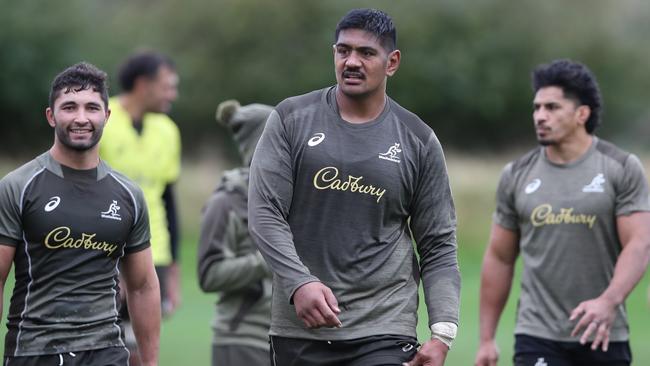
There are a few gaping holes behind the Australia scrum. There is a lack of gravitas, a loss of grunt. How should we phrase it? The Japanese clubs that employ Quade Cooper and Samu Kerevi were not too keen on their Australians heading north for the November internationals, despite the fact that three weekends are in the international window.
I do not blame the clubs. Australia will play three matches, against Scotland, England and Wales, and those come after eight matches since August, the last of which was against a Europe-bound Japan. The clubs pay big bucks. They want their players fresh.
The international itinerary is opposed to the club game. In the days where player welfare is the phrase on the lips of rugby officials, it is hard to dispute the Japanese preference for their superstars to prepare for their forthcoming club season. Heads, you follow rugby’s rulings between club and country; tails, you leave the players on their knees.
It is bad news for Australia in the short term. Cooper is back in business, a reformed fly half with a rugby brain computing at pace and a boot that was accurate enough to defeat South Africa. No longer the flashy circus master, there is a wisdom to his new game.
As for Kerevi, Australia played with ambition against the All Blacks but there was never someone with the physical presence to give the mighty Michael Hooper a target over the gainline. It was all too kaleidoscopic. The hulking inside centre with the fast feet delivered direction through his subtle charges. It transformed the Wallabies and enabled Cooper to stand as flat as he wished, secure in the safety net of his centre outside him.
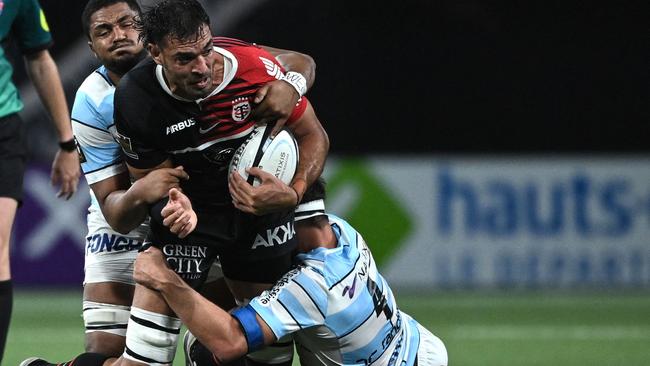
The damage done to Australia’s immediate prospects is difficult to overstate. Yet in the long term, the astute former Glasgow Warriors head coach Dave Rennie (previously a Super Rugby-winning coach with the Chiefs) may benefit. Australia have won their past five internationals, something they have not achieved in a non-World Cup year since 2008. The absentees will hinder their hopes of going home with an amazing eight consecutive wins since losing three games to their nemesis, New Zealand, in their winter.
But in the process, the Wallabies will find out about themselves; about their strength in depth. James O’Connor, 31, an impish, once world-class wing, remains the back-up fly half. Whether he has the ability to shape this team is one of the major questions in need of answering. Do Australia have to find a youthful alternative? (Noah Lolesio, 21, struggled as a fly half and goalkicker this year.)
At inside centre Hunter Paisami, 23, is a flickering young talent. Had Kerevi toured, his game time at centre would have been limited. As it is he has an opportunity to grow into a Test player. The centre partnership of the absent Kerevi and Len Ikitau, 23, was a work in progress. Ikitau has it in him to quickly become a senior player for Australia.
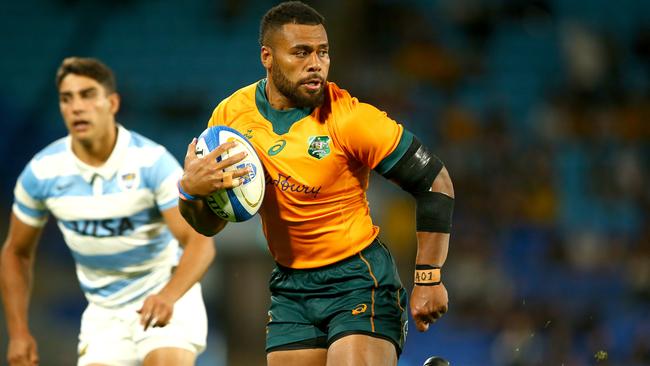
The same can be said for Jordan Petaia. Long regarded as a star of the future, injury and expectation have held back the 21-year-old. With the potent Marika Koroibete another absentee, Petaia too can breakthrough into the higher echelons of the Test game. Andrew Kellaway, 26, has already achieved this as a supremely smart wing. He plays full back and may well solve what has been a problem position since Israel Folau’s departure.
Where there are question marks behind the scrum, there are exclamation marks up front.
Will Skelton, of La Rochelle, and Toulouse’s Rory Arnold have returned to the fold in the second row. Skelton, one of the most powerful ball-carriers, ruck-hitters and scrummagers on the planet, is on the bench against Scotland (Monday morning’s game).
Also waiting in the wings are Taniela Tupou, a tight head of tremendous potential in both the tight and loose; Angus Bell, on the other side of the scrum; Pete Samu, in the back row; and the explosive scrum half Tate McDermott. It is a long time since the Wallabies had such strength in depth.
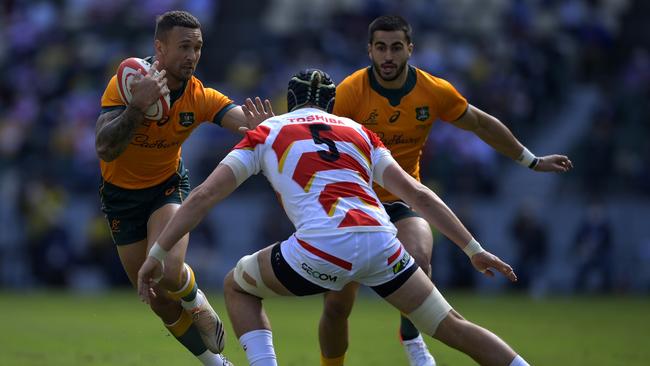
Arnold, a crucial component in the Toulouse team, starts next to Izack Rodda. Hooper, on the open side, will hope to replicate his performances against New Zealand, when he stood out above even the likes of Ardie Savea.
Hooper is the glue that holds together Rennie’s vision. The coach views the game as one in which broken structures in open play count for as much as the set pieces. Such an ambitious attitude requires men to maintain the basic order. Missing the big man, Kerevi, means winning every game is not an imperative. The Australians are a work in progress.
If they maintain their shape and win two of their three Tests, Rennie’s Australia will have taken their next step towards France.
The Sunday Times

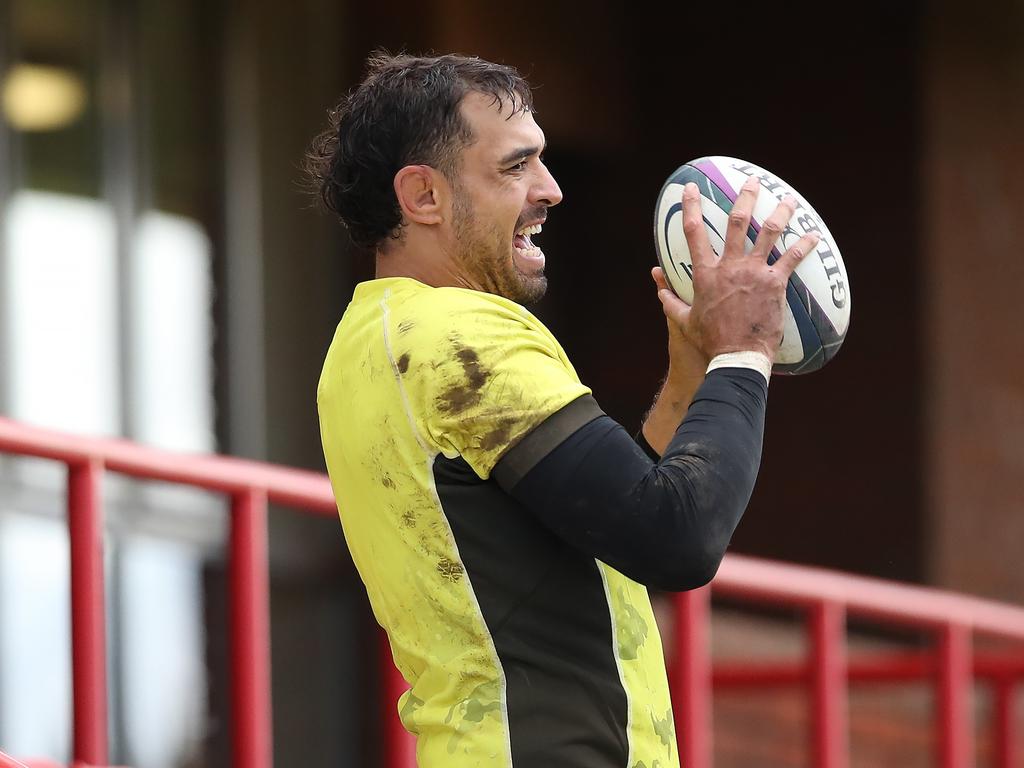
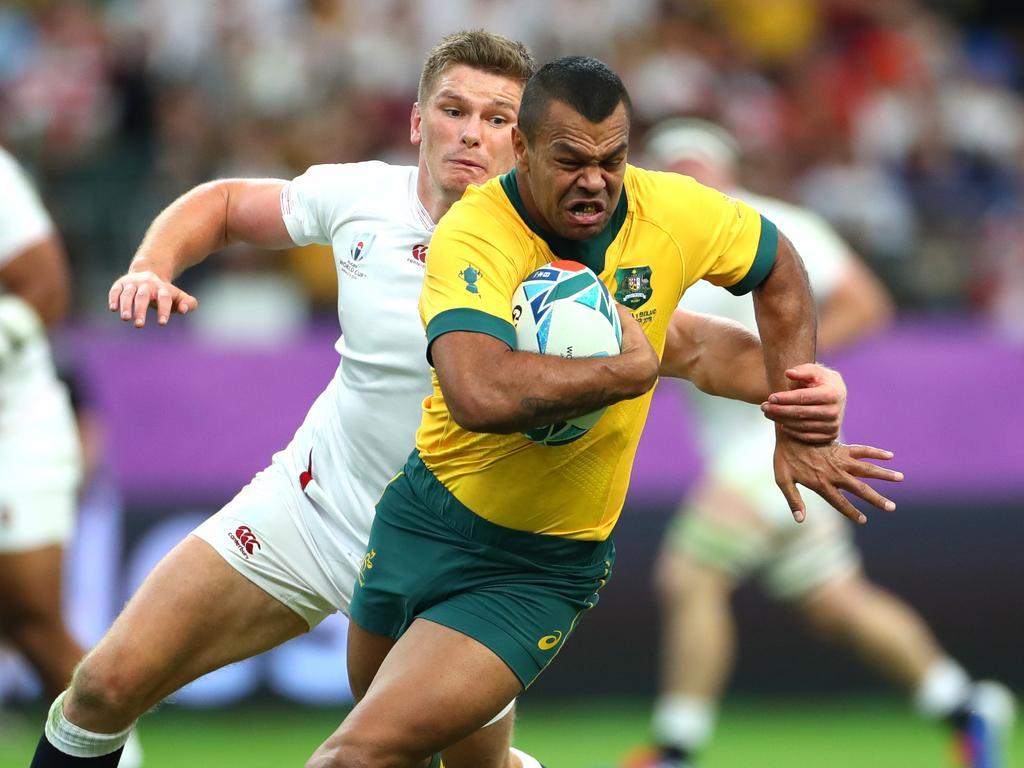
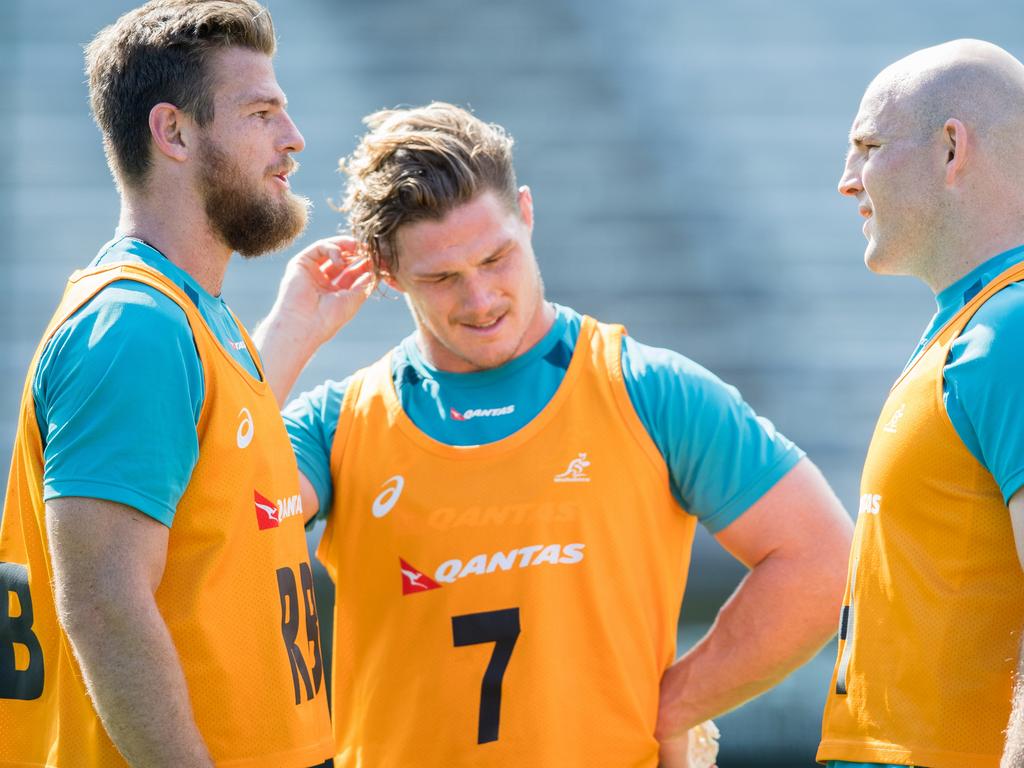


To join the conversation, please log in. Don't have an account? Register
Join the conversation, you are commenting as Logout